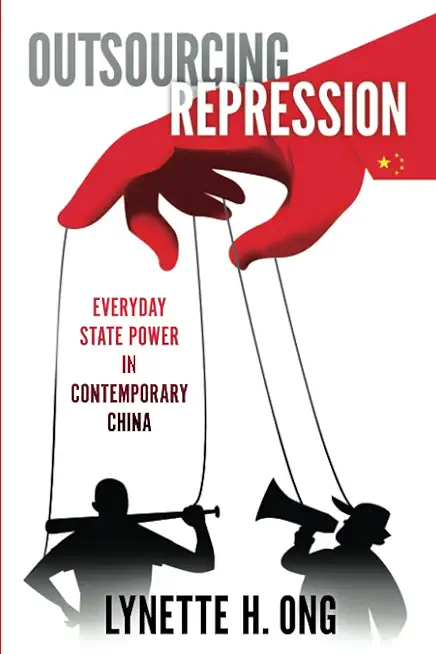
Ong, Lynette H.
product information
description
China's engagement of nonstate actors as a counterintuitive solution to coerce citizens while minimizing backlash against the state. How do states coerce citizens into compliance while simultaneously minimizing backlash? In Outsourcing Repression, Lynette H. Ong examines how the Chinese state engages nonstate actors, from violent street gangsters to nonviolent grassroots brokers, to coerce and mobilize the masses for state pursuits, while reducing costs and minimizing resistance. She draws on ethnographic research conducted annually from 2011 to 2019--the years from Hu Jintao to Xi Jinping, a unique and original event dataset, and a collection of government regulations in a study of everyday land grabs and housing demolition in China. Theorizing a counterintuitive form of repression that reduces resistance and backlash, Ong invites the reader to reimagine the new ground state power credibly occupies. Everyday state power is quotidian power acquired through society by penetrating nonstate territories and mobilizing the masses within. Ong uses China's urbanization scheme as a window of observation to explain how the arguments can be generalized to other country contexts.
member goods
No member items were found under this heading.
Return Policy
All sales are final
Shipping
No special shipping considerations available.
Shipping fees determined at checkout.







